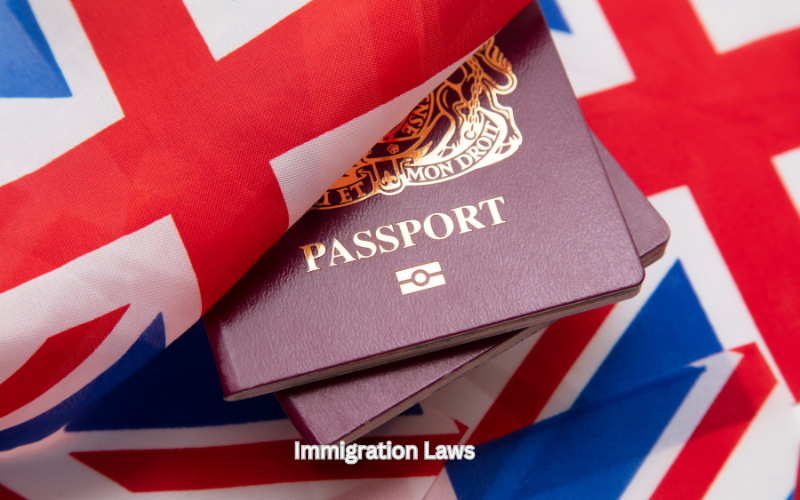
Approximately 1.5 million foreign workers who entered the UK after 2020 may encounter a more prolonged journey to attaining permanent residency. Proposed modifications outlined in a new immigration white paper could increase the waiting duration for indefinite leave to remain and citizenship from five years to ten.
Possible Consequences for Existing Residents.
The main concern is whether the new regulations will apply to individuals who have already settled in the UK since 2020 and are applying for residency. Home Secretary Yvette Cooper is reportedly in discussions with various groups to ascertain if the changes will impact all migrants who have come to the UK in the past five years. Should these proposals be enacted, numerous foreign workers who would have qualified for permanent residency as early as this year could see their waiting time extended by an additional five years.
This ambiguity is causing major anxiety among individuals. For example, Labour MP Florence Eshalomi articulated that constituents in her south London constituency are apprehensive, with some even contemplating leaving the UK due to the potential threats to their settled status. Notably, if these alterations affect those arriving post-2020, it would render the current government’s policies even more stringent than prior Conservative proposals, which suggested applying the changes only from 2021.
Political Responses and Controversies
The immigration white paper and the phrasing used by Labour leader Keir Starmer when introducing it have faced criticism from several Labour MPs and other political leaders. Starmer’s comments about recent immigration leading to “incalculable” harm and the UK potentially becoming “an island of strangers” have sparked significant controversy. Nigel Farage, leader of Reform UK, even commended Starmer’s language, claiming he was aligning with their party’s position.
Nevertheless, Starmer defended his statements, expressing his wish for a nation where individuals “pull together” as “neighbours and communities,” arguing that the previous administration’s failure to manage migration threatened this vision. Justice Secretary Shabana Mahmood supported this viewpoint, stressing the necessity of regulated migration for fostering integration and a “nation of neighbours.”
Concerns from the Higher Education Sector
Beyond general immigration issues, the white paper’s suggestions regarding international students are raising concerns in the higher education sector. University leaders and vice-chancellors are warning that these modifications could exacerbate the financial difficulties many institutions are currently experiencing.
One specific worry involves a proposed 6% levy on revenue generated from international students. Jo Johnson, a former Conservative minister for universities, pointed out that very few universities can afford to bear such a levy or pass it on through increased fees, which could undermine the sector’s strength and its global competitiveness.
Shitij Kapur, Vice-Chancellor of King’s College London (where more than half of the student body is from overseas), stressed the importance of perception: “The exact details of the wording and policy amendments are less significant than how they are perceived in the 150 countries we recruit our students from. Are we still regarded as a welcoming destination?”
Moreover, the white paper suggests reducing the duration of the graduate post-study work visa from two years to 18 months. Steve West, Vice-Chancellor of UWE Bristol, cautioned that this, along with the new levy and escalating pension and national insurance expenses, would further drain university resources and likely result in a further decline in international student enrollments, worsening the sector’s financial crisis.
Focus on Unauthorized Migration
In a related but separate initiative, Starmer is planning a visit to Albania to discuss strategies to combat human trafficking and address the challenges posed by asylum seekers arriving in the UK via small boats from France. Albania has made significant strides in decreasing such arrivals, with a program facilitating the swift return of Albanian citizens achieving a 95% reduction in small boat entries from the country over three years.
Source: The Guardian, 14th May 2025
